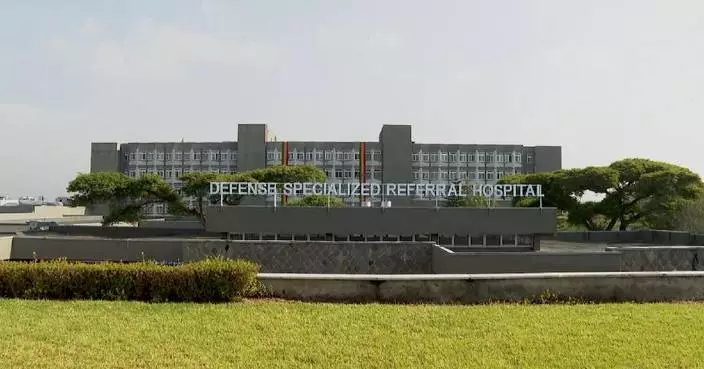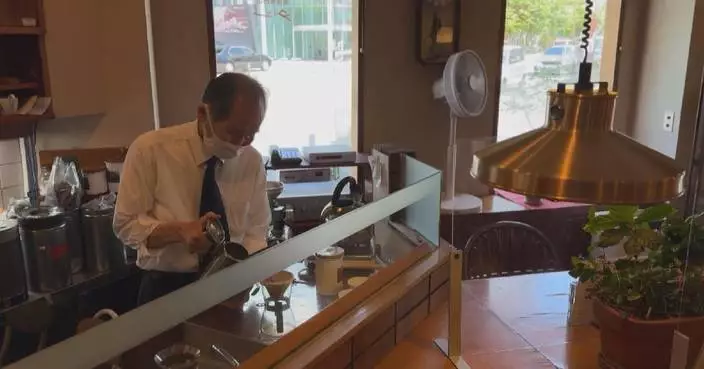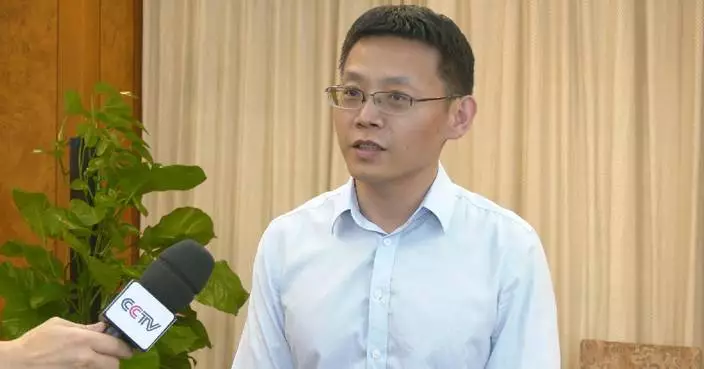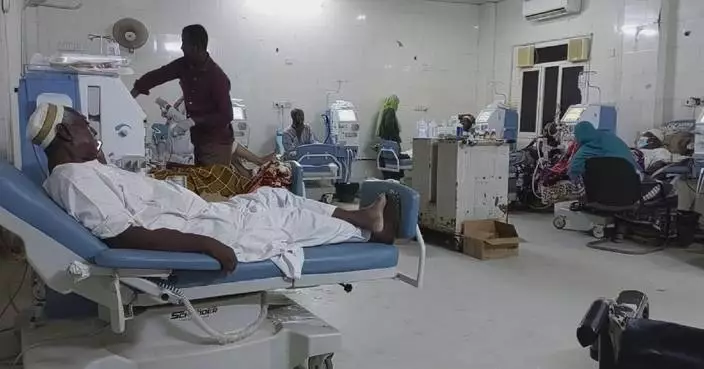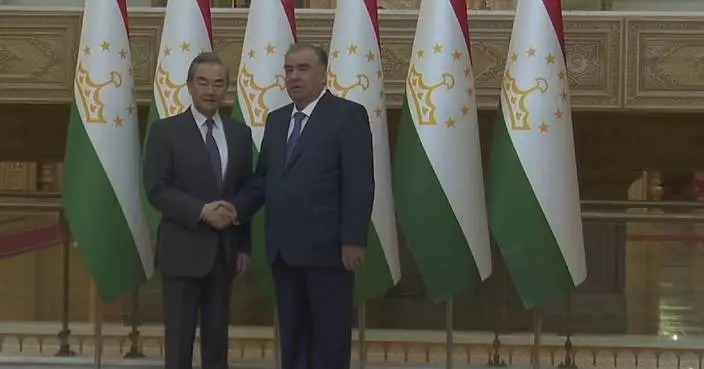The International version of "The Classic Quotes by Xi Jinping," a multilingual TV program featuring Chinese President Xi Jinping's quotes from ancient Chinese classics in his speeches and articles, began airing on multiple French media outlets on Monday local time.
These outlets include the Daily Motion and the Entreprendre Media Group.
A launch ceremony of the program, produced by China's flagship broadcaster China Media Group (CMG), was held in Paris on Monday, which coincided with Xi's state visit to France.
The program carefully selects famous quotes from ancient Chinese classics that Xi has used in his important speeches, articles and remarks. Focusing on themes including green development, ecological civilization, legal construction, common prosperity and protection of cultural heritages, the program vividly presents Xi's political wisdom and rich knowledge of history and traditional Chinese culture.
Through visits and dialogs with foreign guests, the program presents a contemporary China from an international perspective, allowing French audience to feel the unique charm of China in the new era, and showing the cultural origin and profound wisdom of Chinese-style modernization to the world.
At the launch ceremony, guests from China and France expressed the hope that the program will deepen mutual understanding and enhance mutual trust.
The program and its promotional video have been aired by other media outlets across Europe and around the world, including the Euronews and the BFM Business.

CMG program "Classic Quotes by Xi Jinping" aired in France
South Korea' seven million individually-owned businesses are wrestling with survival amid the throes of high inflation and souring costs, which are mainly engaged in catering and retail industries, representing over 20 percent of the country's total employed population.
According to South Korea's Real Estate Research Institute, the store vacancy rate hit a record high of 13.7 percent across the country in the first quarter of this year. Even capital city Seoul's glitzy districts such as Gangnam and Itaewon are filled with empty restaurants and shops.
Ryu Deok-hyun has been running a restaurant for six years in Seoul and won regular customers largely thanks to affordable food prices.
However, the 60-year-old businessman has recent felt the pinch of high inflation. This March, the price of cabbage, an important ingredients in Korean dishes, hiked by 36 percent compared to one year ago. Similarly, chili powder, radish, onion and pork also reported year-on-year price increases between 10 percent and 30 percent, and labor costs, rents and water and electricity bills are also on the rise.
Faced with meager profits, Ryu is still hesitant to raise prices on menu items.
"I'm worried that increasing food prices will lessen customers dining here. But if I don't raise prices, it's hardly profitable. It's really nerve-wracking for me. As of now, I am living on loans. But now the loan interest rate has risen from two percent to six percent, coupled with the huge increase in fixed expenditures, I find it hard to survive it," he said.
Unlike Ryu, many restaurant owners choose to frequently increase menu prices in response to the ever-rising costs, which has resulted in customer decline and business closure. As of now, the cost of dining out has been higher than the overall price increase rate for 35 consecutive months in South Korea, and the closing rate of restaurant businesses stood at 10 percent last year, the highest since 2005.
Most of the small businesses sustaining operation are heavily debt-ridden. Data showed that nearly 60 percent of individually-owned businesses rely on loans to maintain operations, and at the end of this March, the total debt of South Korea's individually-owned businesses came in about 1,112 trillion Korean won (about 821.03 million U.S. dollars), an increase of 51 percent from 2019.
As international oil prices remain at high levels, the Korean won continues to weaken, the trend of rising prices is set to persist and the country's central bank -- Bank of Korea continues to maintain high benchmark interest rates, individually-owned businesses are burdened with loan repayments and are likely to stay financially distressed in the short term.
Industry insiders called for increased efforts to support the small businesses.
"South Korea should flexibly adjust the rate of increase in the minimum hourly wage, and relevant departments should introduce measures to reduce or exempt rental fees of individually-owned businesses," said Cha Nam-soo, the head of the support department at the Korea Federation of Small Businesses and Workers.

S Korean small businesses wrestle with survival in throes of high inflation






